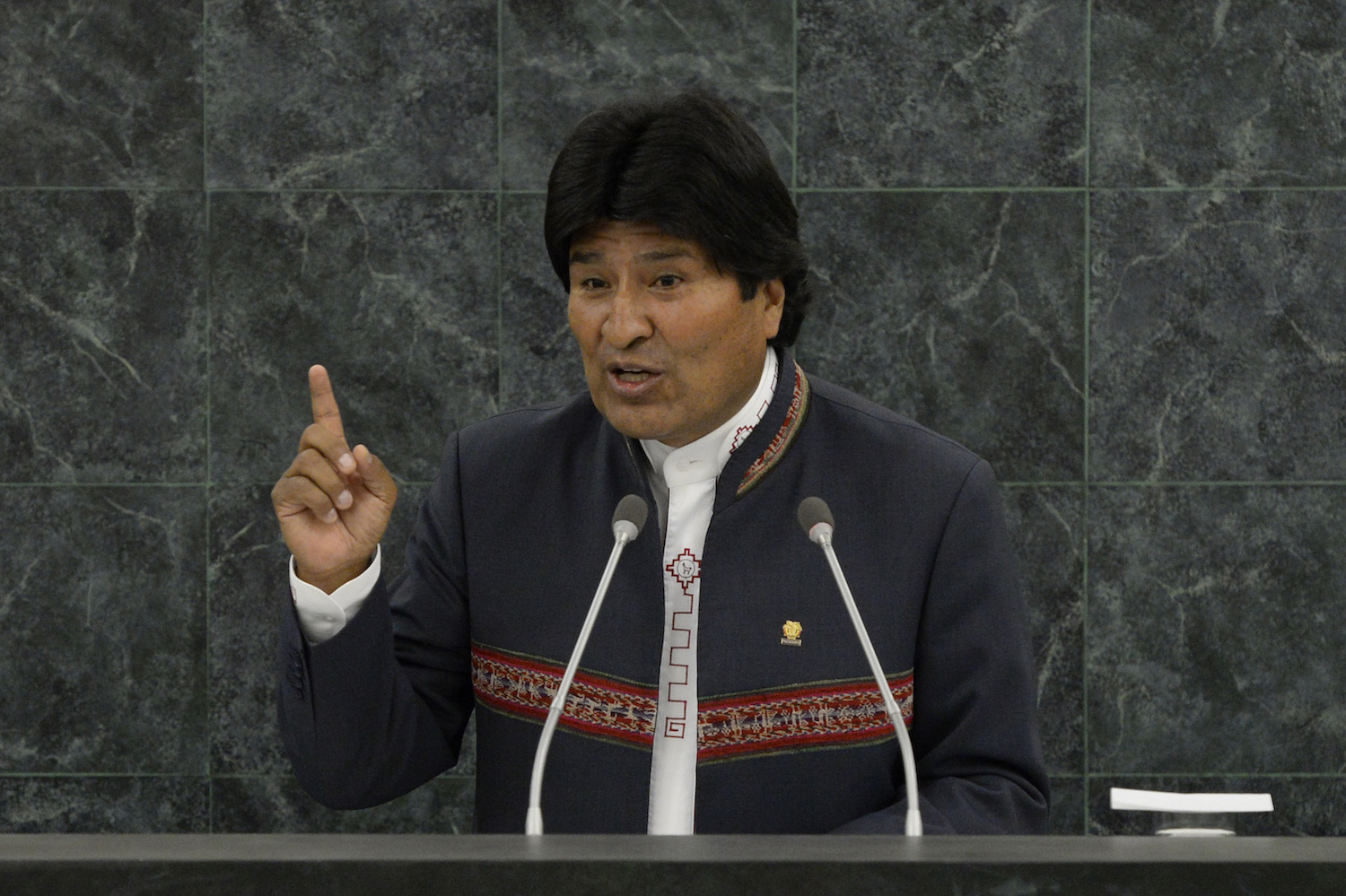Bolivian chamber of deputies approves law to allow trans people to legally change gender

The Chamber of Deputies in Bolivia has approved a measure to allow trans people to legally change their gender and name on official documents.
The Gender Identity Law, which still must be approved by the country’s Senate, means anyone over 18 can legally change their name, gender and photograph on legal documents.
If approved by the Senate, it must then be signed by President Evo Morales.

The president of Bolivia’s Trans, Lesbian, Gay and Bisexual organisation Laura Alvarez, said the law will immediately allow an estimated 1,500 people to have documents reflecting their transition.
“The recognition of the right to [fair] documents goes from birth certificates to the (national) identity card, driver’s license, property deeds and others,” Alvarez said.
Despite the law making it possible for trans people to legally change their documents, they will still be made to undergo a psychological examination prior to being allowed to alter them.
Local reports also suggest that trans people will still need to prove that they have undergone gender reassignment surgery to be able to change their gender.
The Deputy Justice Minister Diego Jimenez, who was a strong backer of the move, said the bill is bolstered by Article 14 of the Bolivian Constitution which bars discrimination based on gender and sexual orientation.
The bill was opposed by the Evangelical Churches of La Paz.
The church claims that the move will lead to same-sex marriage being legalised in Bolivia.
Jimenez clarified that the bill does in no way alter civil marriage laws and regulations in the country.
Last year the President of Bolivia was forced to apologise after suggesting that his health minister might be a lesbian.
Morales made the apology after attempting at a joke at the expense of his health minister.
Addressing Ariana Campero, he said: “I don’t want to think you’re a lesbian.”
According to AFP, he made the comment after seeing her speak to another woman whilst he was making a speech.
In a statement, the president said it was not his “intention to offend anyone.”

He did so by saying: “Calling someone lesbian or gay is not an insult.
However, this was not the first time Morales has been accused of homophobia.
In 2010, he was forced to apologise after he suggested men eating chickens injected with female hormones would turn them gay.

